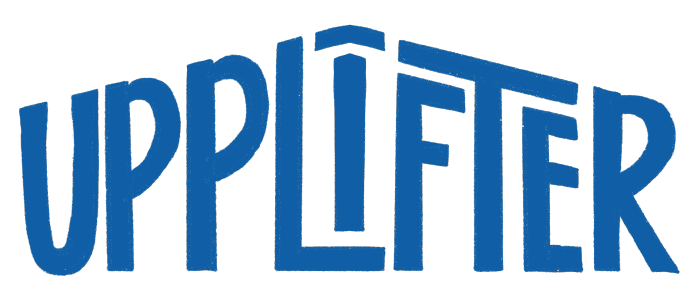When it comes to the end of the year, we all start thinking about those pesky little New Year’s Resolutions.
We tell ourselves about the changes we’re going to make, the people we’re going to meet, and the goals we will accomplice. New year’s resolutions are refreshing; they stimulate that dreamer mentality and spark all of our future hopes.
The only problem with New year’s resolutions is that they usually begin to fade from our thoughts after only a couple of weeks into the new year.
One of the issues with resolutions is that they are usually fueled by nothing but motivation.
Sure, it’s easy to be on your game when you’re motivated; it’s like a shooter in basketball who has one of those games when they can’t miss. But the reality of it is that you won’t be motivated all the time; in fact, you won’t be motivated most of the time.
So what happens on the days you aren’t feeling it?
You fall back into old, familiar, and unhelpful patterns and routines.
And you end up giving up or scaling down your resolutions and making excuses of why they weren’t realistic or why you aren’t good enough.
And within a few months, your resolutions are now a fad of the past.
GOALS ARE VALUABLE, BUT THEY NEED ASSISTANCE
When thinking about personal development and new year’s resolutions, most of us think of setting goals. Goal setting is valuable, and it can have a direct impact on your future. But it’s critical to differentiate goal-setting from habit-formation.
Goal-setting is crucial because it gives you a roadmap, an outline of where you want to go. But habit formation will ultimately help you achieve a more well balanced and meaningful life since it’s challenging to accomplish anything of relevance when you maintain unhealthy habits.
When I was younger, I believed that just writing down many goals every year meant I would accomplish them, and everything would work out in my favor. It sounds simplistic and short-sighted, but many people believe that they are on their way to achieving their dreams by merely writing down goals.
Yes, goals are one step down the path to success, but they are not going to lead you to that success by themselves, and they aren’t going to be the primary facilitator of it, either.
While goals are admirable, habits are essential.
REVIEWING YOUR YEAR
Before you write down your standard New Year’s resolutions, you should look back at your previous year and ask the following questions.
WHAT WORKED?
When reviewing the previous year, the first thing I do is ask myself, What went well? What did I accomplish? Where did I improve?
It’s a good practice to reflect on what went right in your previous year’s review.
Let yourself feel the gratitude of what went your way and the joy of all the hard work you put in to reach your previous goals.
Examples:
- I launched my new blog and wrote over 50 posts
- I worked out three times per week
- I improved my relationship with my significant other
WHAT DIDN’T WORK?
What plans, techniques, ideas, or philosophies did you try to implement the previous year that didn’t work?
You must be brutally honest in your assessment of yourself and your life. Sugarcoating will get you nowhere fast.
Take it from my younger self.
WHERE CAN YOU IMPROVE?
Asking this question can provide you answers that can become your new resolutions.
Out of all the areas of your life from the previous year, which can you improve?
Maybe you can eat a little better or work out more consistently. You might want to go back to school or start a new career path. Or you may be thinking of starting a meditation practice and becoming more grateful. There are an endless amount of possibilities, so be selective in what you choose to improve.
IN REVIEW
Setting goals and having something to strive for is never a bad thing. I have been setting goals and new year’s resolutions for many years.
But it wasn’t until I started reviewing my previous year that real and sustainable change began to occur. Remember that asking these simple questions (What worked? What didn’t work? And Where can I improve?) will give you a much better idea of what you need to do in the new year than just writing down goals.
Review your previous year and be brutally honest with yourself. Make the appropriate changes based on the three questions you ask yourself. And then implement those changes into your new set of goals.
You will find that that little bit of self-reflection can go a long way in helping you achieve your resolutions.
Although we strive to provide accurate general information, the information presented here is not a substitute for any kind of professional advice, and you should not rely solely on this information. Always consult a professional in the medical and health area for your particular needs and circumstances prior-to making any medical or health-related decisions. For your health-related questions, please seek the advice of a licensed physician or any other qualified health care provider immediately.
Latest posts by Brad Coreno (see all)
- 8 Proven Tips To Improve Your Communication Skills - April 29, 2022
- 5 Proven Ways To Manage Work-Related Anxiety - April 3, 2022
- 10 Steps To Develop A Growth Mindset - March 13, 2022
